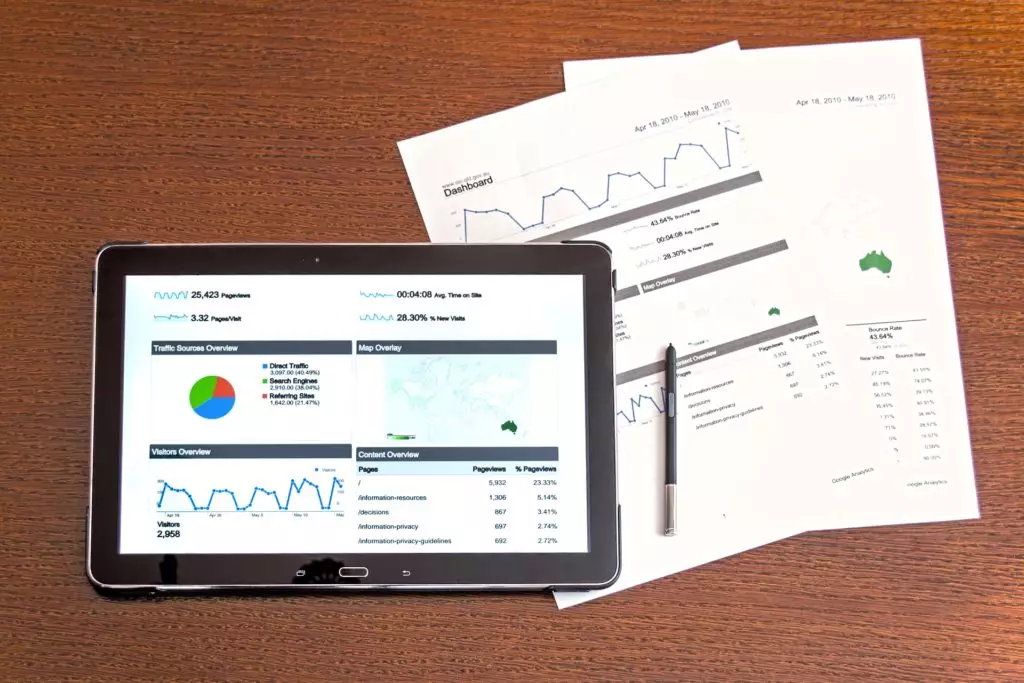Table of Contents
If you are looking for investment avenues to fund your retirement, you may be wondering about annuities and how they can provide additional protection over other types of investments. Here we take a deep look into the annuity contract, annuity payment options, and the pros and cons of selling your annuity for fast funds.
What is Annuity?
Annuities serve mostly retirement purposes as they help people deal with the risk of outliving their savings. Investors invest or buy annuities with monthly premiums or lump sum payments. The holding institution issues a stream of payments for a specific duration of time or the remainder of the life of the annuity. An Annuity is an insurance contract with the intention to pay out investing funds in fixed income streams.
Types of Annuities
Knowing the level of risk you are willing to take will guide what type of annuity you choose. Interest rates are another factor in determining your level of risk while keeping in mind that while low risk provides for predicable payments, higher risk can boost your monthly payments.
There are three basic types of annuities, including fixed annuities, variable annuities, and fixed index annuities. Each type has its own level of risk, interest-rate, rewards. An experienced financial advisor will be able to help you determine which type is the best for your goals.
Insurance vs. Annuities
Life insurance companies and investment companies are some of the main kinds of financial institution offering annuities. Life insurance is bought to take on the risk of premature death, while an annuity is set up to create fixed income stream for when you retire and your income deceases. An annuity can provide guaranteed income for an extended period of time.
Example of an Annuity
An annuity is defined as serial payments made at scheduled intervals. Examples of an annuity include retirement savings accounts in which funds are regularly deposited. This would be considered a fixed-annuity, as two key things are known at the onset: the interest rate, and when the money can be withdrawn without penalty.
An example of a variable annuity would be money-market accounts and bonds. These types of accounts are tied to market-based investments that can grow your money over time.
Everything you need to know about selling annuity payments
If you are thinking about selling your annuity you have three options: full sale, lump sum, or partial sale. The key is finding a buyer who offers very high levels of service and also has exceptional payment options. Before you make a decision, think about both your short- and long-term financial goals.
Every individual can have distinct reasons for wanting to sell annuity payments, but you want to capitalize on current opportunities in order to feel comfortable about your financial future.
Seeking financial advice from a certified financial planner or a financial advisor before buying or selling an annuity can help improve your retirement planning goals, decrease tax implications, and ensure your future income payments will meet your needs.

Do annuity riders affect the amount of cash received when an annuity is sold?
A “rider” is a modification to your annuity agreement. For instance, if you have a rider called a “death benefit”, your family or named beneficiaries would continue to receive annuity payments after your death. They could continue to receive the money in periodic payments or take a cash payout to receive the balance of annuity at once. Riders could affect the amount of money you would get for your annuity.
Do I have to go to court to complete my annuity sale?
Some jurisdictions require court approval prior to sale. The court determines if the sale will serve your best interests and that no one else would be put in financial jeopardy because of the sale. The insurance company or business purchasing your annuity will work alongside you during this procedure with a judge.
Why would I sell my annuity?
Many people will sell their retirement annuities because they need a lump sum of money immediately instead of receiving it in periodic payments. These financing needs can include a down payment for a new house, college tuition or setting up a new business. In addition, it should be noted that selling your annuity payment can have serious implications and may affect your retirement savings, so consult an attorney or financial advisor to learn about the potential risks.
How do I get cash quickly after selling annuities?
Normally, the process of selling your annuity can take weeks to months. However, you may be able to get an instant cash advance if you are qualified. Basically, you can sell your annuity payments in exchange for a lump sum of cash, with no additional fees and no interest.
How much will I receive for selling annuity payments?
There are many factors that may affect how much you receive for selling annuity payments. These include present value and discount rate.
Understanding present value
The present value of your annuity is the entire cash value of the future installments after factoring in discount rates. A lower discount rate implies greater current value and vice versa. A purchaser may charge higher discounts than others.
For example, you would keep most of your money if a buying company provided a 10 percent discount compared to 14 percent from another company. For this reason, it’s important for you review numerous quotes before deciding to sell annuity payments.
Account for the discount rate
The discount rate is essentially the amount of discount the seller gives the buyer to receive their annuity money up front instead of in periodic payments. Basically, discount rate is the tradeoff for being able to immediately access money that may have taken years to receive otherwise.
Can I Sell Some of My Future Annuity Payments in a Partial Sale?
If you decide to sell just part of your payment, you will still receive periodic income as well as maintain some tax benefits. Basically, you get the immediate cash you need now, while still receiving future payments.
Can I Sell My Annuity in its Entirety- lump sum?
Selling an annuity in full means there will no longer be income payments in the future. You would receive the entire amount of the buyer’s agreement.
Pros and Cons of Selling Annuity Payments
Cashing out your annuity might reduce debts and other financial pressures. By selling your annuity payments, however, you may be risking your financial health. Occasionally short-term pleasures can impact a longer-term financial cushion. Speak with a financial advisor or attorney before making decisions that could impact your security net.
In summary, an annuity can be arranged from a financial account or a life insurance plan. Unlike a structured settlement of lawsuits an annuity is an investment vehicle in which a beneficiary contributes over some time building up a money reserve and receiving regular annuity payments later as well.



